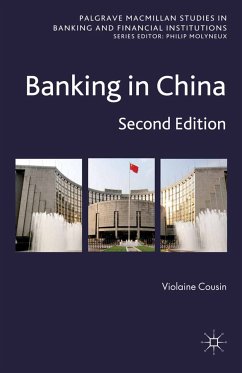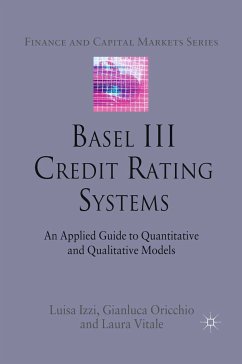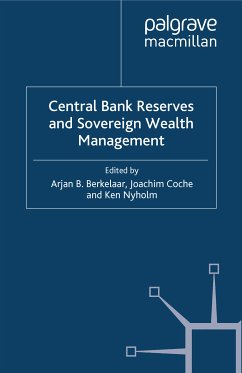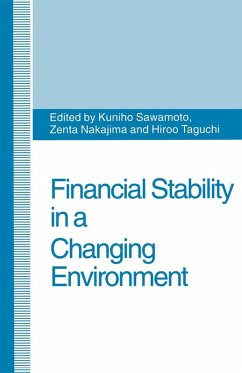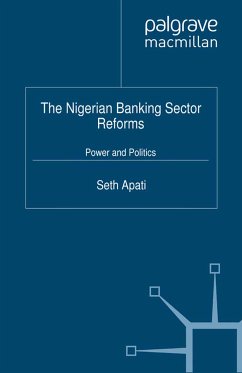
International Financial Architecture (eBook, PDF)
G7, IMF, BIS, Debtors and Creditors
Versandkostenfrei!
Sofort per Download lieferbar
72,95 €
inkl. MwSt.
Weitere Ausgaben:

PAYBACK Punkte
36 °P sammeln!
The Group of Seven Industrialized Countries, G7 developed a new doctrine of international supervision and regulation of financial markets. The G7 instructed international financial institution such as the IMF, the Bank for International Settlements, the World Bank and the Multilateral Development Banks to tighten their supervision and regulation of international finance. This volume examines this doctrine sometimes known as the 'New Architecture of the International Financial System' or IFA. Strengthening of the international financial system never ends and there have been recurring vulnerabil...
The Group of Seven Industrialized Countries, G7 developed a new doctrine of international supervision and regulation of financial markets. The G7 instructed international financial institution such as the IMF, the Bank for International Settlements, the World Bank and the Multilateral Development Banks to tighten their supervision and regulation of international finance. This volume examines this doctrine sometimes known as the 'New Architecture of the International Financial System' or IFA. Strengthening of the international financial system never ends and there have been recurring vulnerabilities in international financial architecture. The book examines current practices and its consequences and how the IFA has evolved and its alternatives. The book draws upon academic knowledge, practitioner techniques in financial risk management and official doctrine to analyze how investors, creditors and debts function within the new architecture.
Dieser Download kann aus rechtlichen Gründen nur mit Rechnungsadresse in A, B, BG, CY, CZ, D, DK, EW, E, FIN, F, GR, HR, H, IRL, I, LT, L, LR, M, NL, PL, P, R, S, SLO, SK ausgeliefert werden.



